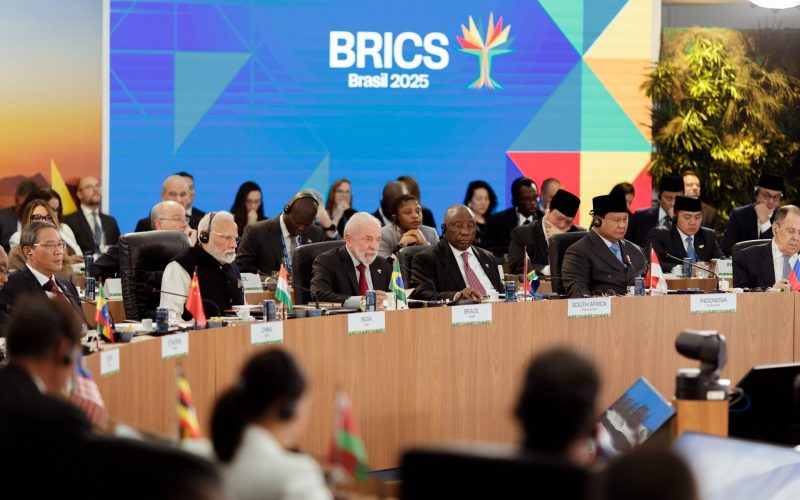Instances in which the country has managed to attract FDI have been in area mergers and acquisitions. However, even this type of FDI has declined in recent years, as shown by the United Nations Conference on Trade and Development 2011 World Investment Report. It is important that the country focus on strengthening its manufacturing capacity in order to create decent jobs, and not be too dejected when inward flows of FDI decrease. After all, FDI does not necessarily result in economic growth and may even be undesirable in certain sectors, such as retail. Increased FDI flows into South Africa should be an outcome of more investment by the public sector in economic infrastructure to facilitate further investment by the local private firms. This will increase confidence in the South African economy and can attract more FDI.








